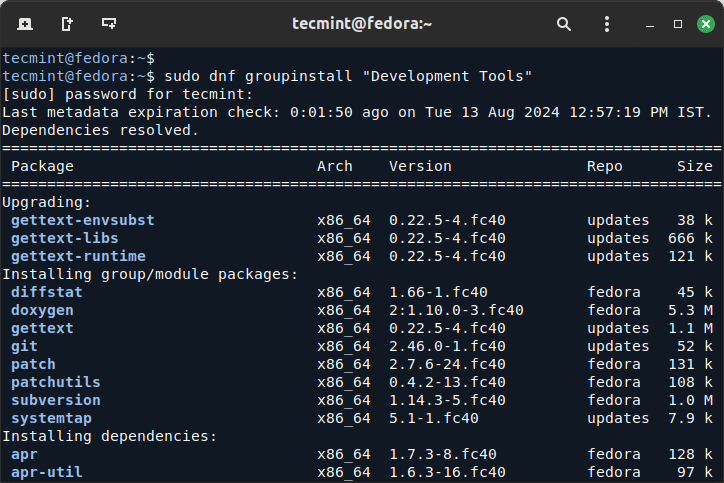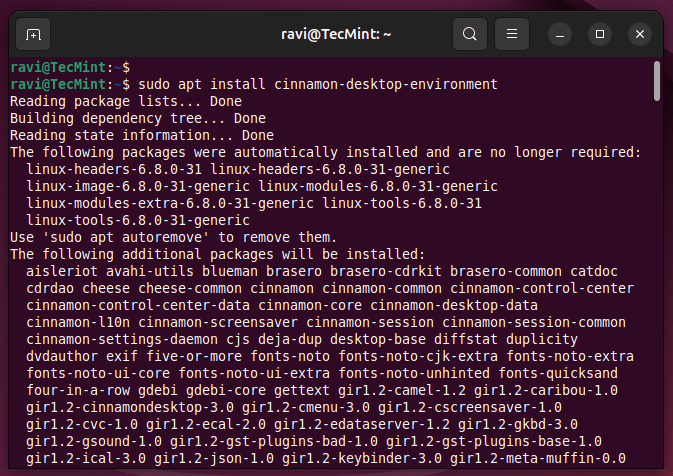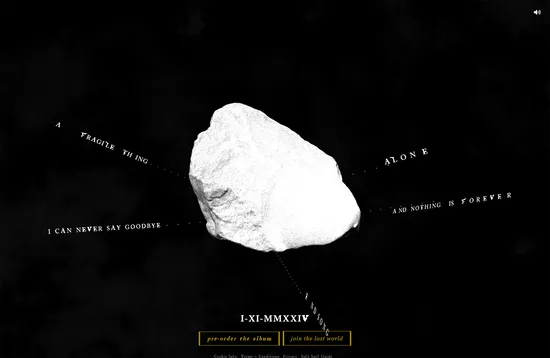Google releases updates to its search algorithm seemingly nonstop. Each release typically lowers organic rankings for many sites. Hence keeping an eye on those updates and their impact is essential for evolving optimization strategies.
Here are four tools to track the releases and their effect.
Google Search Status Dashboard
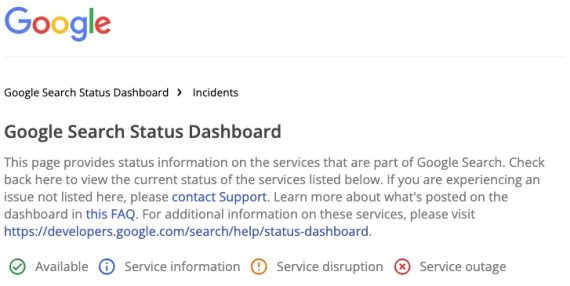
Google Search Status Dashboard
Google provides algorithm updates and error fixes through its Search Status Dashboard.
This is the only reliable way to confirm when an update has started and ended. It is also helpful for determining if search fluctuations are due to non-algorithm incidents such as crawling and indexing glitches.
Sistrix
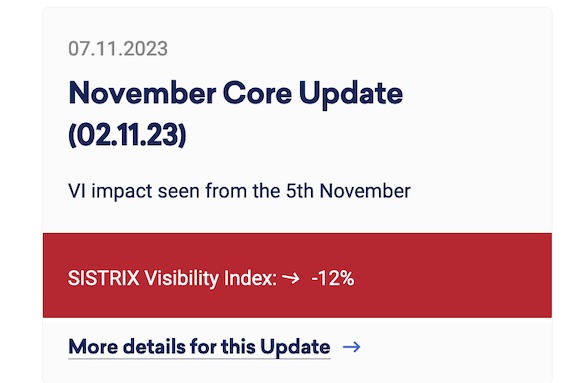
Sistrix’s Google Updates page.
Sistix is premium SEO software with a free tool to evaluate the impact of a Google update on your site. Choose your country and type your domain; the tool will check your ranking fluctuations for each update, allowing 25 daily queries for free.
Sistix also provides a summary of each update and its purpose.
Always confirm Sistrix’s findings with Search Console reports and Google Analytics data.
Advanced Web Ranking
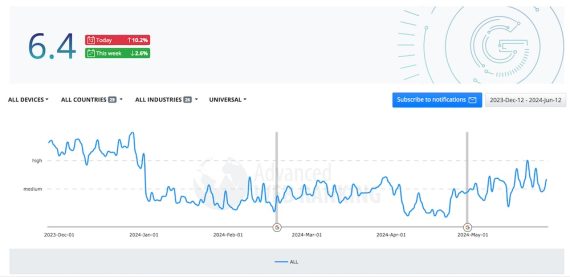
Volatility graph on Advanced Web Ranking.
Advanced Web Ranking publishes daily SERP volatility and fluctuations based on approximately 400,000 desktop keywords (and 200,000 mobile) across multiple countries.
Users can filter reports by industry, device, and country — with confirmed Google updates.
The tool offers free alerts on volatility and Google-announced releases.
GSC Guardian
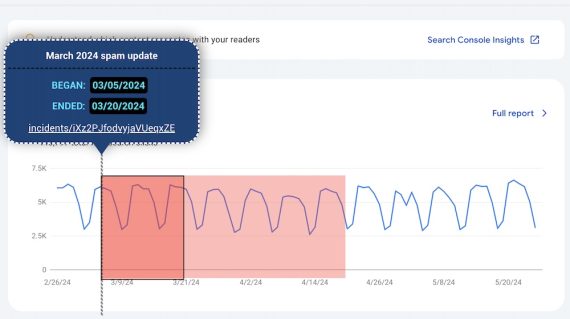
Search Console overlay on GSC Guardian.
GSC Guardian is a free Chrome extension to track Google’s updates against overlays in Search Console reports. Users can create annotations of tasks or observations in their Search Console dashboards.
The extension simplifies evaluating the impact of a Google update on your organic search visibility.
Monitoring Google’s updates is essential, but remember, organic traffic fluctuations are normal, and core algorithm releases often address queries and their intent, not weaknesses in websites.
Thus traffic declines are not typically penalties. Assess search result pages and note the changes. Have your organic positions changed, or are they pushed down the page owing to AI Overviews or new SERP features? For example, recent updates replaced review sites with ecommerce results for many queries.
Not all ranking fluctuations are reversible. But knowing the status of target queries and SERPs is key for identifying new opportunities.



